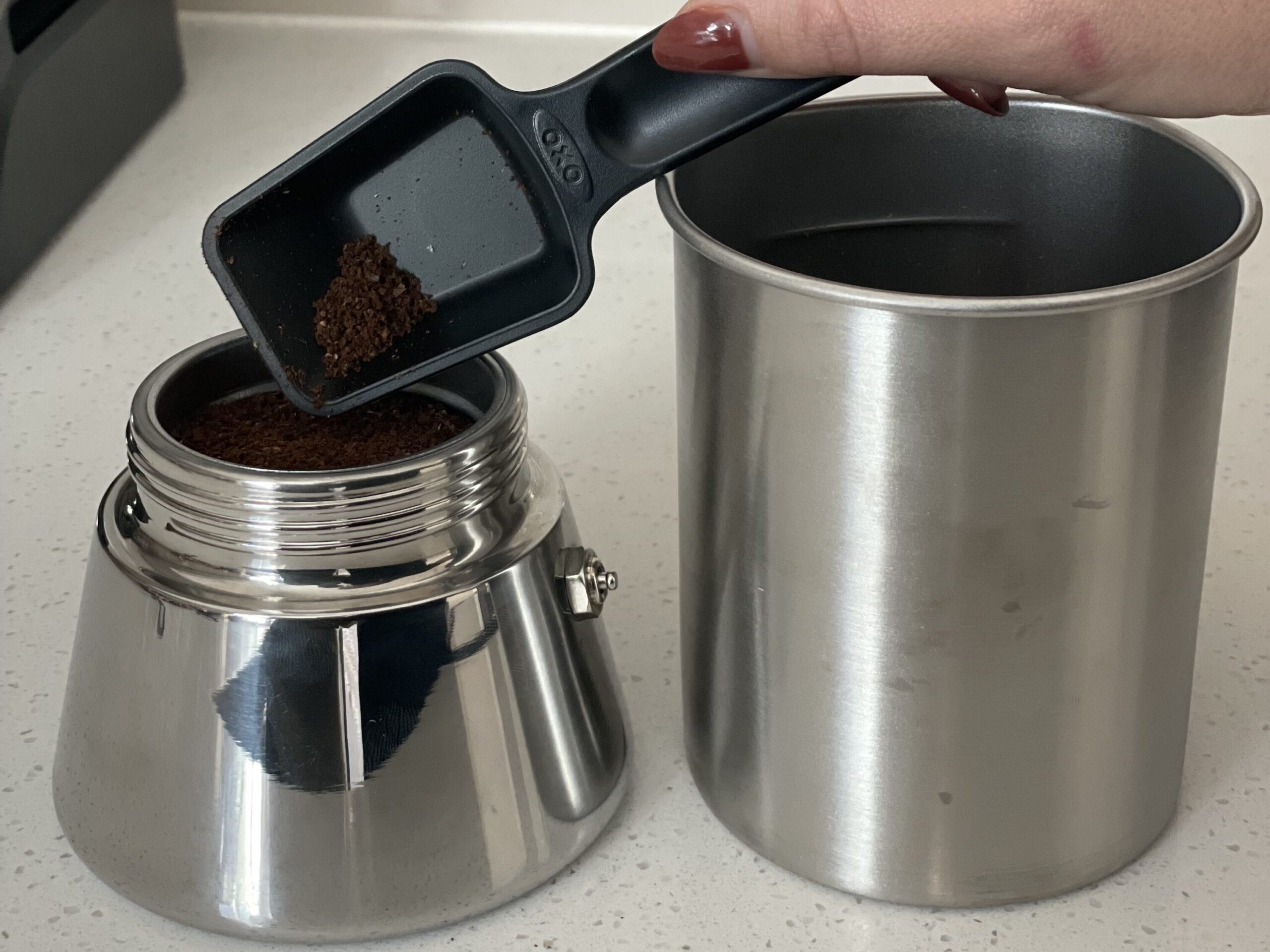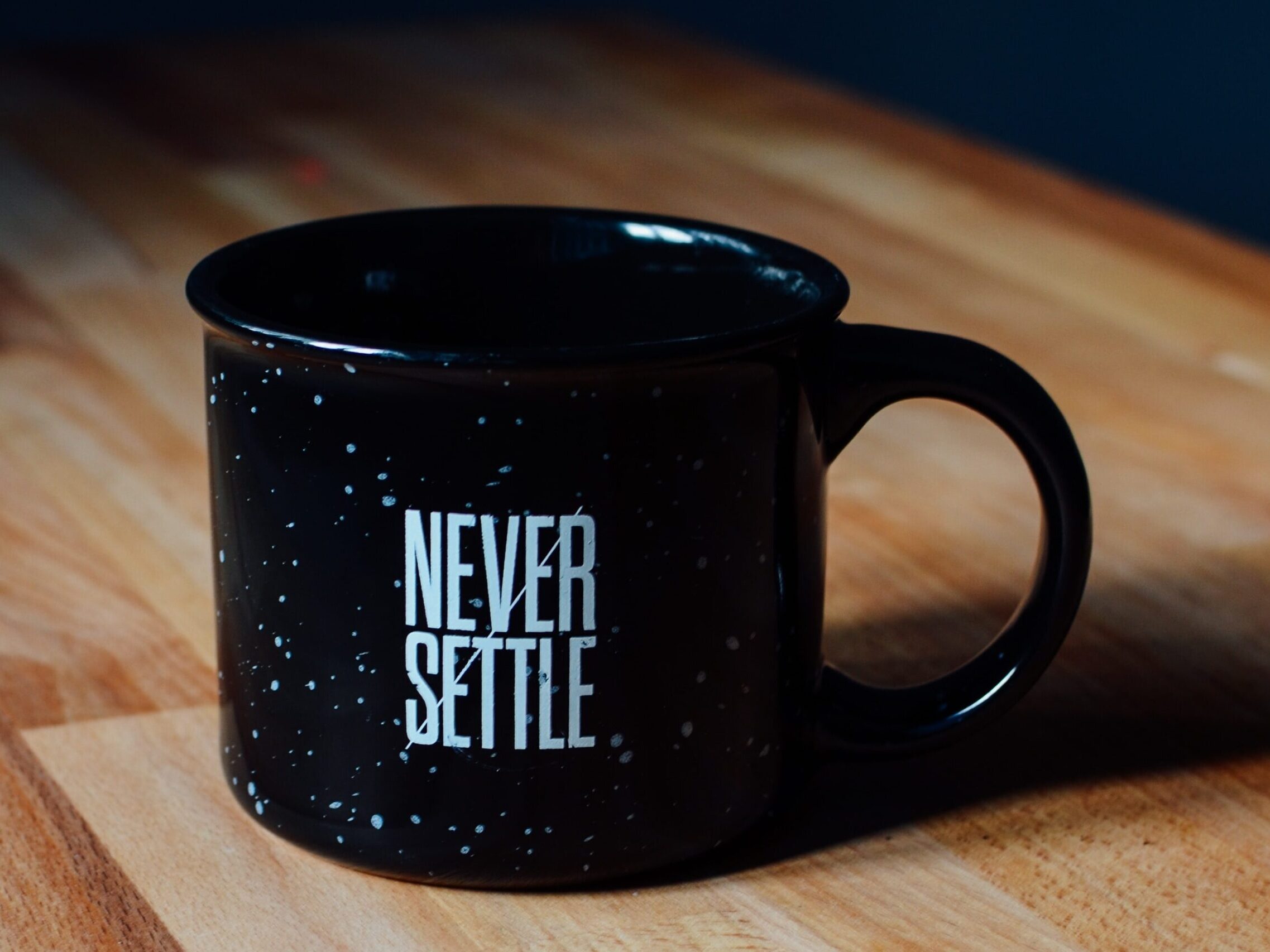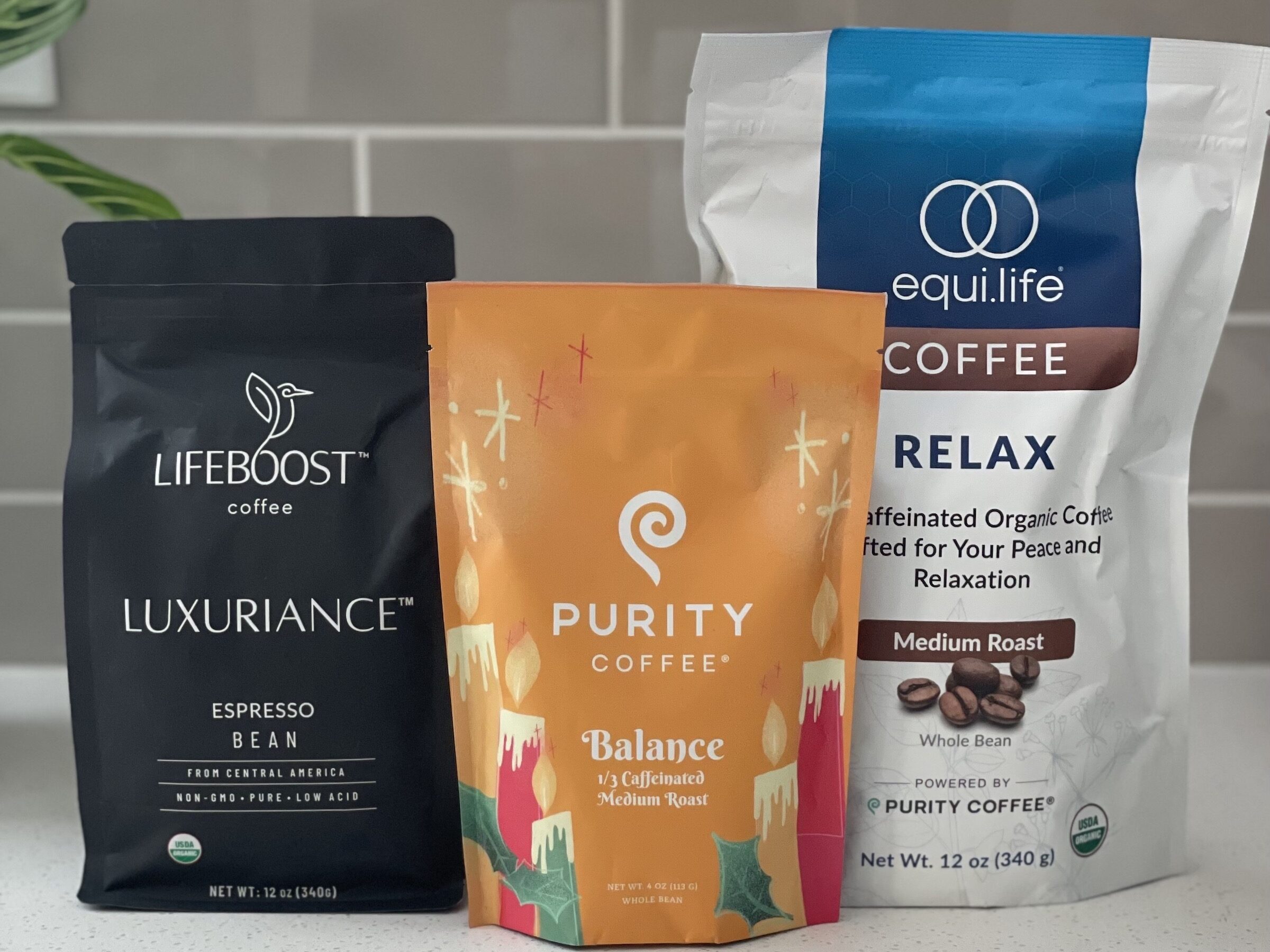
For many of us, coffee is an essential part of our daily routine. It’s that comforting, aromatic elixir that jumpstarts our mornings and helps us power through the day. But have you ever stopped to consider what might be hiding in your cup of joe?
In this blog post, we’ll delve into the dark side of your favorite brew – and I’m not talking about the roast here. Between the adverse health effects, soil degradation, labor exploitation, and environmental destruction caused by drinking conventional coffee, your daily cup of coffee may have a much more significant impact than you imagine (and not in a good way).
The Problem with Conventional Coffee
As the second most traded commodity in the world with an estimated 169 million bags produced each year, there are a lot of coffee beans! Unfortunately, because coffee beans are so expensive compared to other crops, farmers will do anything it takes to protect this crop from various pests. This means most coffee is sprayed with synthetic fertilizers, pesticides, herbicides, fungicides, and insecticides. So much so that coffee beans are among the most heavily chemically treated foods in the world. And with over 25 million farmers involved, there are a lot of lives impacted from producer to consumer.
Why is this an issue? The health of you, me, the farmer, and the environment are suffering!

(Image by Ryan Riggins/Unsplash)
Silent Invaders of Coffee and Their Health Effects
The aforementioned chemical cocktail used in conventional coffee farming is one of the most alarming components of coffee, bringing about a host of health concerns.
Pesticides: There have been numerous studies linking pesticide consumption to health issues such as hormonal imbalances, infertility, cancer development, depression, anxiety, ADHD, Parkinson’s, obesity, diabetes, microbial imbalance in the gut, birth defects, and more.
Mycotoxins: Alfatoxin and Ochratoxin A are toxic substances that are also classified as possible carcinogens and are found in an alarming number of conventional coffees. Aflatoxin has been linked to liver cancer, respiratory issues, and DNA damage. Ochratoxin A has been linked to kidney and DNA damage, compromised immune systems, neurodegenerative diseases, and cancer.
Acrylamide: Acrylamide is a chemical compound that can form naturally during certain cooking processes, particularly at high temperatures. It has raised concerns because it is classified as a potential human carcinogen by some regulatory agencies. Opting for darker roasts over light roasts can minimize the potential for acylamide consumption.
Labor Exploitation
Labor exploitation in the coffee farming industry is a pressing issue that demands our attention and action. Aside from the health risks that are involved with working amongst so many chemicals in conventional farming, one of the primary issues in the coffee farming industry is the grueling work hours coupled with low wages. Coffee farmers often work tirelessly, laboring in the fields for long hours under challenging conditions, yet they receive minimal compensation for their efforts. Many coffee farmers work without proper contracts, job security, or access to basic workers’ rights. They often lack the bargaining power to demand fair wages and safe working conditions. This exploitation perpetuates a cycle of poverty, making it difficult for farmers and their families to break free from economic hardship.
Environmental Impact
The negative environmental impact conventional coffee farming can have is another factor that is crucial to look at. Deforestation, excessive water usage, waste generation, and monoculture plantations are key issues causing disruption to local ecosystems and reducing biodiversity. The heavy use of chemical pesticides and synthetic fertilizers can contaminate the soil and water, leading to soil degradation, water pollution, and harm to aquatic ecosystems. All of these factors also contribute to soil erosion which affects the long-term sustainability of the land for agriculture.

Chemical-Free Coffee to Choose Instead
While these issues can feel dark and overwhelming, we hold the power to drive positive change in the coffee industry. Fortunately, with one simple switch, you can get back to sipping your coffee knowing you are choosing better for yourself, people, and the planet. Aka The Habit Honey way 😉
Labels such as USDA Organic, Fairtrade International, Rainforest Alliance Certified, Demeter Biodynamic, and Bird-Friendly can ensure you purchase coffee that supports positive change in the coffee industry.
- USDA Organic requires that the coffee contains no pesticides or synthetic fertilizers. To use the organic label, there must be no prohibited substances applied to the soil the coffee is grown on for a minimum of three years before harvest. This is excellent news considering pesticides can linger in the soil for up to three years, killing off beneficial bacteria and microorganisms.
- Fairtrade International and Fair Trade USA certifications mean a product has met certain social, economic, and environmental standards. This includes safe working conditions, environmental protection, sustainable livelihood, and community development funds. These labels signify a commitment to social and economic justice, ethical trading practices, and environmental sustainability. By choosing products with the Fair Trade label, we can support a more equitable and responsible global trading system, ultimately benefiting producers and their communities in developing countries.
- Rainforest Alliance means that the certified ingredient was produced using methods that support sustainability social, economic, and environmental sustainability. The organization places an emphasis on forests, climate, human rights, and livelihood. As their website states, this seal allows you to recognize and choose products that contribute toward a better future for people and planet. Yay!
- Demeter Biodynamic certification stands for a holistic and sustainable approach to agriculture that goes beyond organic practices. Several strict standards must be met and the aim is to create a farming system that is in harmony with nature, respects cosmic rhythms, and produces high-quality, environmentally responsible products.
- Smithsonian Bird-Friendly is a certification that signifies several important principles and practices related to environmental conservation and bird habitat protection. When choosing “Bird-Friendly” coffee, you are helping to protect bird habitats, promote biodiversity, and contribute to more environmentally responsible agriculture. This certification is considered to be the highest standard of organic coffee with the strictest third-party standards.

Habit Honey-Certified Coffee Brands
As always, I will never present a problem without providing a solution. Coffee is still in your future if you choose! The following brands are organic, have fair-trade practices in place, and third-party tests for mold and mycotoxins.
Equilife Organic Coffee is an antioxidant-rich coffee that comes from a single-source, sustainable farm in Columbia. Available in regular (Revive) or decaffeinated (Relax).
*Not-So-Fun Fact: The majority of decaf coffee is decaffeinated by soaking it in a solvent – either ethyl acetate or methylene chloride. These solvents also happen to be used in paint thinner and nail polish remover. It’s safe to say they should not have a place in your coffee. Fortunately, methods such as the Swiss Water Process do not use solvents or compromise your health, and Equilife Relax holds this certification.
Purity Coffee is another standout in the world of organic coffee. They hold numerous significant certifications, go beyond fair trade with their farmers (often paying 3x more for their coffee than the Fair Trade average!), and are loved by many coffee enthusiasts. This brand is also incredibly transparent, offering access to COAs for every roast so you can guarantee your coffee is free from harmful contaminants. If you prefer ground coffee, travel packets, or coffee pods, they conveniently offer both options in addition to their whole-bean coffee.
Your Health AND The Planet
By being conscious consumers and supporting ethical coffee brands, we can contribute to a more equitable and sustainable coffee industry. This one simple shift can be the catalyst for transforming the industry into a force for good. By choosing ethically sourced and certified coffee, we can support initiatives that ensure fair wages, workers’ rights, and sustainable farming practices.
So next time you navigate the coffee aisle, remember that your choice reaches far beyond your morning ritual. Whether it’s Equilife Organic Coffee, Purity Coffee, or any other brand committed to organic, fair-trade practices, and rigorous quality standards, each sip is a vote toward our commitment to a better future. Here’s to sipping with purpose, to coffee that fuels our day and ignites positive change – one mindful sip at a time.
Until next time…
Make Healthy A Habit, Honey 😉
Be the first to comment